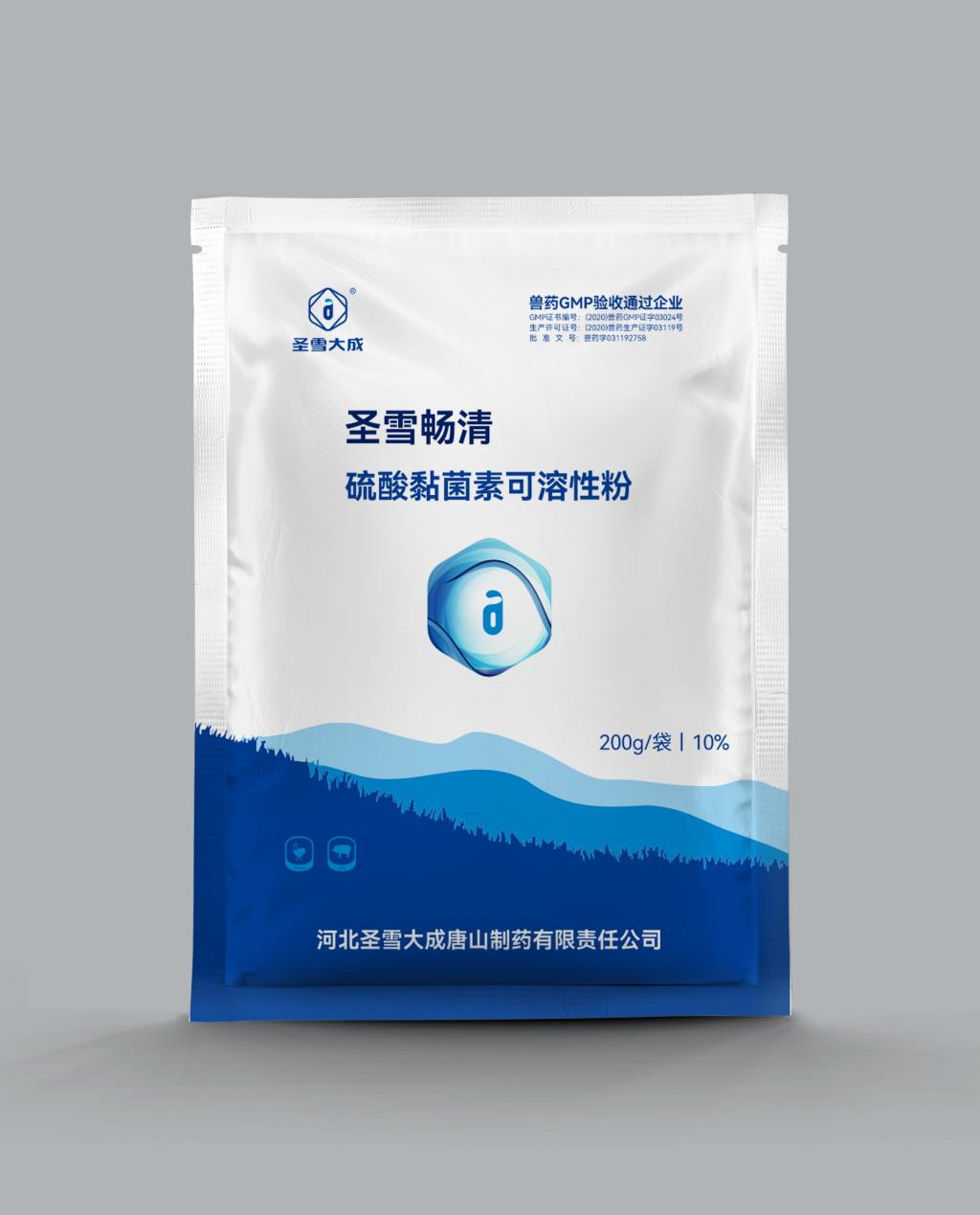Tel:0086 18231198596

News
Current Position:
Home >
News
>Colistin Sulfate Soluble Powder: Understanding its Impact on Microbial Communities.
Colistin Sulfate Soluble Powder: Understanding its Impact on Microbial Communities.
TIME:2024-01-08
1. Background and Origins of Colistin Sulfate:
Colistin sulfate, a polymyxin antibiotic, was first isolated from Bacillus polymyxa var. colistinus in the 1940s. Initially, it found use in human medicine, but its importance grew in veterinary and agricultural settings due to its efficacy against Gram-negative bacteria.
2. Veterinary and Agricultural Applications:
Colistin sulfate soluble powder became a cornerstone in veterinary medicine and agriculture for treating bacterial infections in livestock. This section explores the reasons behind its popularity, including its broad-spectrum activity and relative affordability.
3. Mechanism of Action:
Understanding how colistin sulfate acts against bacteria is crucial to comprehend its potential impact on microbial communities. This section explains the mechanism by which colistin disrupts the cell membrane of Gram-negative bacteria, leading to their destruction.
4. Emergence of Resistance:
The widespread use of colistin sulfate has led to the concerning emergence of resistance in bacterial populations. This section explores the genetic mechanisms behind colistin resistance, the implications for public health, and efforts to mitigate resistance development.
5. Impact on Gut Microbiota:
The gut microbiota plays a crucial role in host health, and antibiotics can significantly alter its composition. This section delves into studies investigating the impact of colistin sulfate on the gut microbiota of animals, exploring potential consequences for host health and well-being.
6. Environmental Concerns:
The use of colistin sulfate in agriculture raises environmental concerns. Residual colistin in manure and runoff can contribute to the spread of resistance genes in the environment. This section explores the potential ecological consequences and the importance of responsible use to mitigate environmental impacts.
7. Alternatives and Regulations:
In response to growing concerns, efforts are underway to find alternatives to colistin sulfate and implement regulations to control its use. This section discusses potential substitutes, regulatory measures, and the challenges associated with transitioning away from colistin in veterinary and agricultural practices.
8. Global Perspectives on Colistin Use:
Colistin use and regulations vary globally. This section provides an overview of how different countries are approaching the use of colistin sulfate, highlighting regional variations in policies and practices.
9. One Health Approach:
Recognizing the interconnectedness of human, animal, and environmental health, the One Health approach emphasizes a holistic perspective. This section discusses how a One Health approach is crucial in addressing the complex issues surrounding colistin use and resistance.
10. Future Directions and Research Needs:
As the scientific community grapples with the challenges posed by colistin sulfate, ongoing research is essential to find sustainable solutions. This section outlines potential future directions, including research priorities, technological innovations, and policy changes needed to address the complex issue of antimicrobial resistance.
11. Conclusion:
Colistin sulfate soluble powder, once a valuable tool in combating bacterial infections, now stands at the center of concerns regarding antibiotic resistance and environmental impact. A nuanced understanding of its origins, applications, and consequences on microbial communities is crucial for informed decision-making. As we navigate the complex landscape of antimicrobial use, responsible practices, research, and global collaboration are essential to safeguard human, animal, and environmental health in the face of emerging challenges associated with colistin sulfate.

 CONTACT
CONTACT




